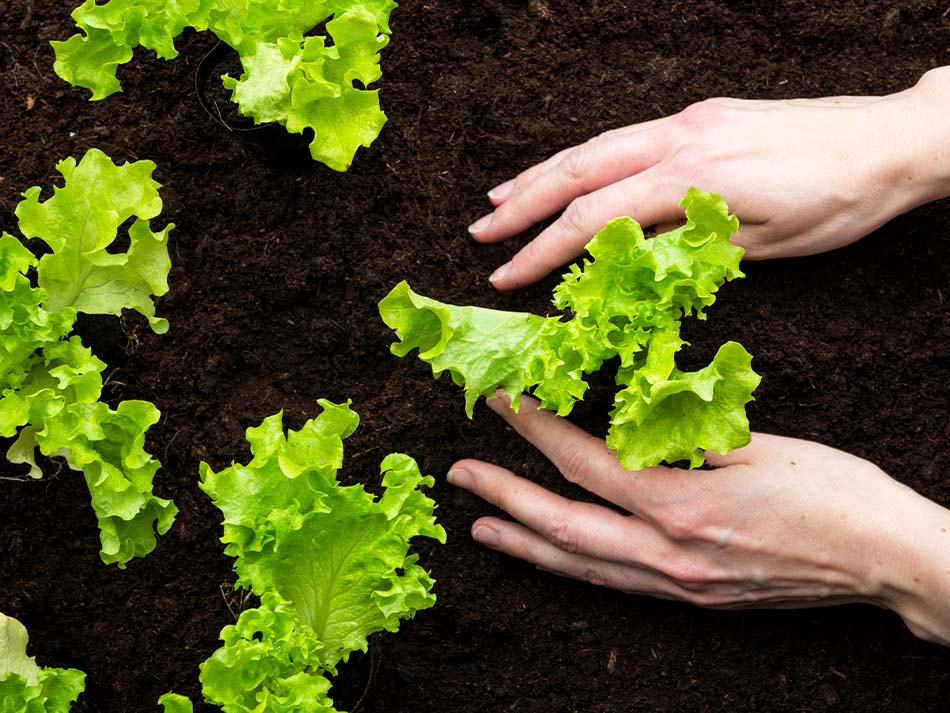
The ultimate yard and garden can be yours. All it takes is a little planning and some tips from the extension service experts at Oregon State University and Washington State University, and regional insights from the Coastal crew. This month, we’ll talk about lawn care, planting starts, companion crops, and how to protect what you plant.
Give Your Lawn Some Love
A good-looking lawn adds curb appeal but can also improve the health of your nearby plants and garden. Depending on your region, you may have already had to mow the lawn a few times. Now, give your lawn a healthy dose of fertilizer. A turf builder blend is perfect for the Pacific Northwest. Add seed to bare patches along with some sand and soil to keep the seeds in place until they grow.
Check the Soil Temperature in the Garden
Use a metal thermometer and push it 4-inches into the ground. Check the temperature a few days in a row to be sure temperatures remain consistent. Before planting certain crops, wait until the soil reaches 65º F. Crops that need the warmer soil to get started include sweet corn, bush beans, squash, and pumpkins.
Plant Your Starts
Check out the Oregon State University gardening guide here for information about planting starts in your region. You can also consult pages 11 and 12 of the Washington State University Extension’s Home Vegetable Gardening guide.
Plant Companion Crops
Companion plants can help keep away bad bugs and pests from your garden. The more common companion plants include: tomatoes with basil (or marigolds) to repel flies and mosquitos and produce a better yield of tomatoes, carrots with onions to repel aphids and other pests, peppers with basil to keep bad bugs away and enhance the flavor of the pepper slightly, beans with marigolds to keep out bean beetles, and cucumbers with marigolds to repel beetles and aphids.
Plant Potatoes
Loosen up the soil in an area and add a good layer of mulch. Then, plant your potatoes by placing them on top of the mulch. Be sure to space them appropriately. For instance, most varieties require 14-16 inches of room to grow. Then, cover them with compost.
Don’t Forget the Diatomaceous Earth
This wonder product helps protect your starts from bugs, slugs, snails, and critters. Just add some diatomaceous earth around the base of your starts and seedlings. You’ll find bags of diatomaceous earth at Coastal.
Get Your Gardening Supplies at Coastal
We have all the gardening gear you’ll need for a beautiful yard and incredible bounty. Stop by today for seeds, starts, fertilizer, tools, gloves, diatomaceous earth, as well as fencing, hoses, and sprinklers.
